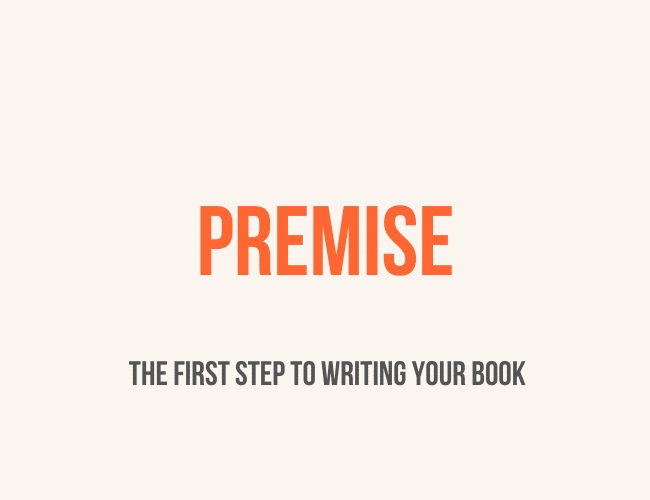
by Joe Bunting |
Whether you’re writing a book or a blog post, it’s tempting to just dive into your writing project. However, you will likely save yourself time and create a better end product if you settle on a solid premise before you start writing.
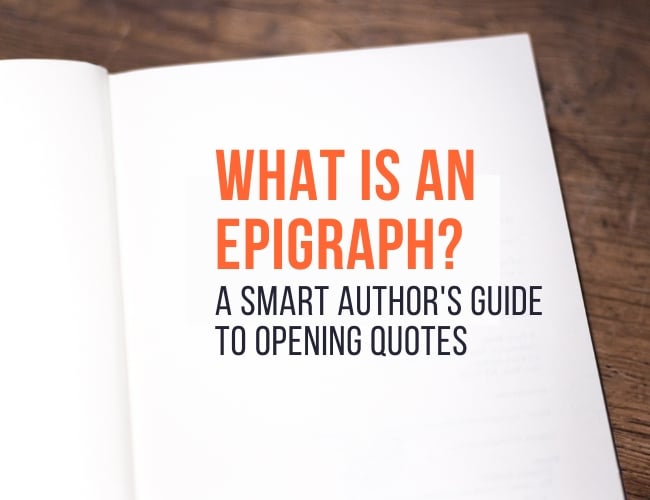
by Liz Bureman and Sue Weems |
If you’ve opened a novel and seen a quote on the opening pages then you’ve seen a literary epigraph. But what are they really? Why do authors use them? And how do you know if you need one for your own work in progress?
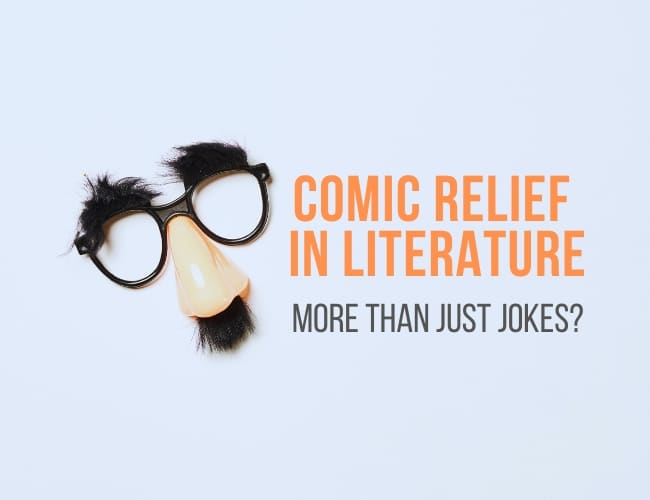
by Robert Harrell |
If you’ve ever been reading an intense scene or dramatic moment when a character comes in with some witty barb or action that makes you laugh? You’ve experienced comic relief in literature. What is comic relief and how does it work? Let’s take a look.
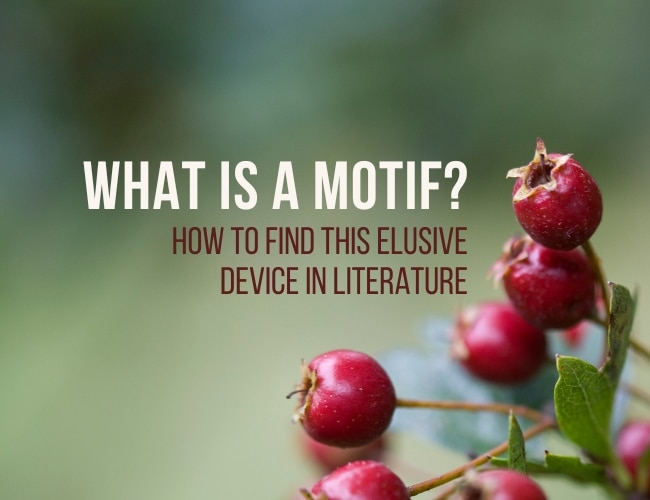
by Robert Harrell |
In The Hunger Games, berries play a prominent role. During the game, deadly berries eliminate at least one participant, and Katniss uses the berries to subvert the government’s purpose. But their presence goes beyond this. In fact, there are 56 references to berries of various kinds in the book.These references come at key moments in the plot.
What purpose do the berries serve to merit such a prominent place in the book? They are a motif.
“What’s a motif?” I hear you say. Let’s take a look.
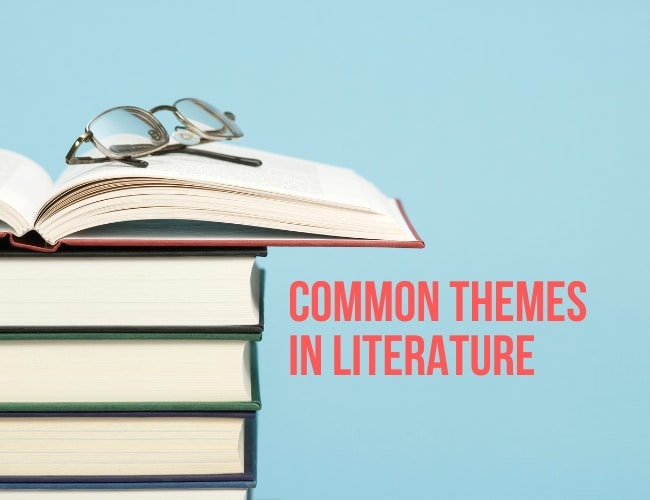
by Sue Weems |
Literature’s first job is to entertain. But at the same time every novel has a kernel of truth in it, or perhaps several kernels, ideas about how life works or philosophies on the best way to live or some gesture to the broader meaning of life.
Taken together, these ideas may combine into a “theme.” Let’s look at the most common themes in literature and why they matter.
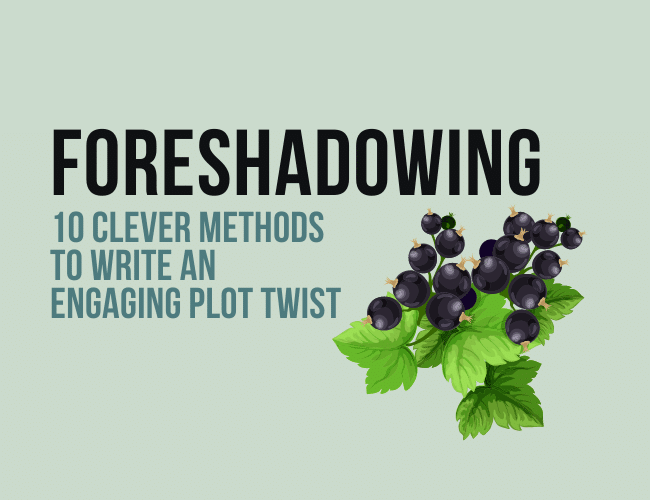
by Joslyn Chase |
Do you love a good murder mystery or thriller? Do you dream of creating a captivating and suspenseful book that will pull readers to the end and leave them tingling? Then you need to master foreshadowing.
If you answered yes, you probably realize that such a thing is no easy task. More than most any other genre, mystery novels, thrillers, and suspense stories invite the reader to actively participate in plot developments, using certain cues to predict outcomes.
That can be tough to accomplish.
The path to a finished product is full of pitfalls, but you can learn techniques to help carry you safely over them and complete a thrilling story you can be proud of.








